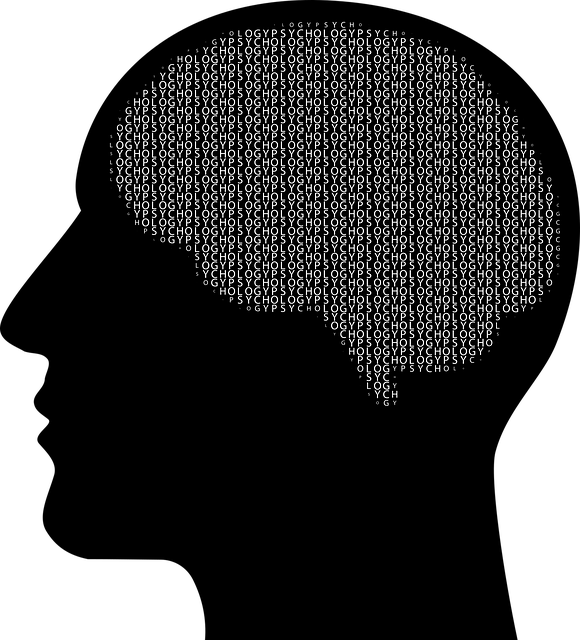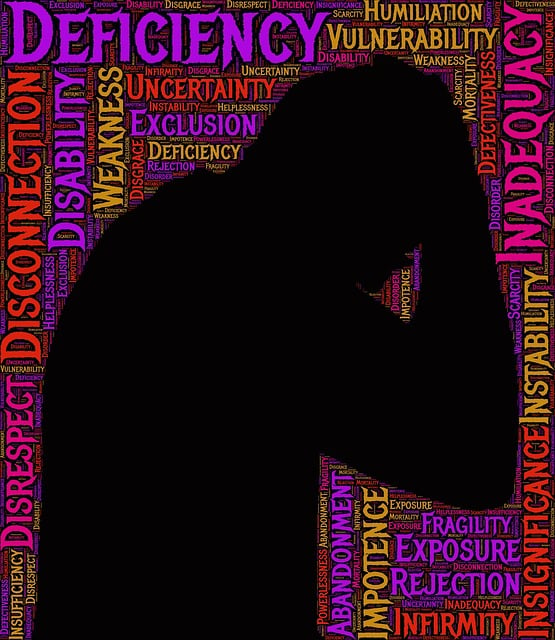Wheat Ridge Spiritual-Religious Issues Therapy (RFM) uses a holistic approach, combining spiritual growth with coping mechanisms to address inner conflicts and build resilience. This framework helps individuals uncover the root causes of emotional struggles, replace unhealthy patterns with adaptive strategies, and cultivate inner strength. Resilience building exercises, including compassion cultivation and mindfulness training, empower clients to overcome challenges, manage stress, and improve mental wellness. By integrating RFM into individual practices and community initiatives, Wheat Ridge aims to enhance overall health, foster empowerment, and promote effective stress management tools accessible to diverse populations.
“Uncover the power of resilience with an exploration of RFM (Resilience, Faith, and Meaning), a revolutionary framework in Wheat Ridge Spiritual-Religious Issues Therapy. This article delves into the transformative potential of RFM, offering a holistic approach to healing. From understanding the core principles to its practical applications, we’ll guide you through how this method enhances personal growth and community support. Discover the benefits, navigate challenges, and explore future prospects as we unravel the impact of RFM on mental wellbeing.”
- Understanding RFM: A Framework for Spiritual-Religious Issues Therapy
- The Role of Resilience Building Exercises in Wheat Ridge Therapies
- Practical Applications: Incorporating RFM into Personal Growth and Community Support
- Benefits, Challenges, and Future Directions: Exploring RFM's Impact on Mental Wellbeing
Understanding RFM: A Framework for Spiritual-Religious Issues Therapy

Understanding RFM is a powerful framework that guides Wheat Ridge Spiritual-Religious Issues Therapy in addressing complex inner conflicts and fostering resilience. This method recognizes that spiritual or religious beliefs deeply influence an individual’s emotional and psychological well-being, especially during challenging times. By exploring these connections, therapists help clients uncover the root causes of their struggles, be it managing trauma, resolving existential doubts, or navigating moral dilemmas.
The RFM approach encourages individuals to develop inner strength through a process that integrates spiritual growth with practical resilience building. It involves examining one’s Relationship with self, Others, and the Divine (or higher power), enabling clients to identify unhealthy patterns and replace them with adaptive coping mechanisms. This holistic strategy incorporates various techniques like conflict resolution skills, mindfulness practices, and symbolic expressions of emotions, ultimately empowering individuals to thrive in the face of life’s uncertainties.
The Role of Resilience Building Exercises in Wheat Ridge Therapies

Resilience building exercises play a pivotal role in Wheat Ridge Spiritual-Religious Issues Therapy, offering clients powerful tools to navigate life’s challenges with greater ease. These exercises are designed to foster mental and emotional agility, enabling individuals to cope effectively with stress, trauma, or difficult life transitions. Through practices like compassion cultivation, mindfulness training, and other evidence-based techniques, therapists guide clients in developing a deeper sense of inner strength and resilience.
By integrating Compassion Cultivation Practices into therapy sessions, patients learn to cultivate empathy, kindness, and self-compassion, which are essential components for building mental health resilience. This holistic approach addresses not just the symptoms but also the underlying causes of anxiety and other mental health issues, ultimately empowering individuals to take charge of their well-being. Such exercises are particularly valuable in Wheat Ridge therapy programs, where the focus is on comprehensive Mental Health Education Programs Design tailored to each client’s unique needs.
Practical Applications: Incorporating RFM into Personal Growth and Community Support

Incorporating RFM (Resilience, Flexibility, and Mastery) into personal growth practices offers a powerful approach to enhancing mental wellness and stress management. Wheat Ridge Spiritual-Religious Issues Therapy recognizes the profound impact of these techniques on individuals’ ability to navigate life’s challenges. By learning to cultivate resilience, people can better cope with adversity, fostering a sense of empowerment and control over their emotional well-being. This is particularly beneficial for healthcare providers who often face high-stress situations, as burnout prevention strategies incorporating RFM can significantly improve job satisfaction and overall mental health.
Community support plays a crucial role in amplifying the effects of RFM exercises. Group therapy sessions or community workshops centered around these principles allow individuals to share experiences, offer mutual support, and learn from one another. This collective approach not only enhances personal growth but also strengthens the sense of belonging and social connection, which are vital components of overall well-being. By integrating RFM into both individual practices and community initiatives, Wheat Ridge Spiritual-Religious Issues Therapy aims to empower individuals with effective tools for managing stress, promoting mental wellness, and fostering resilience in all aspects of life.
Benefits, Challenges, and Future Directions: Exploring RFM's Impact on Mental Wellbeing

Resilience-focused interventions like RFM (Wheat Ridge Spiritual-Religious Issues Therapy) offer significant benefits for mental wellbeing. By integrating Mind Over Matter principles and Compassion Cultivation Practices, individuals can develop stronger coping mechanisms against life’s challenges, fostering enhanced emotional resilience. Studies show that these exercises promote anxiety relief, improve stress management, and cultivate a profound sense of inner peace.
Despite their potential, navigating the complexities of human emotions and spiritual beliefs presents unique challenges for RFM practitioners. Balancing individual perspectives while facilitating group discussions can be delicate. Moreover, ensuring cultural sensitivity and adaptability to diverse religious backgrounds is essential for effective delivery. Future research and training should focus on refining these practices, exploring long-term impact assessments, and developing inclusive methodologies that cater to a broader range of participants, ultimately enhancing the accessibility and effectiveness of RFM in various settings.
Wheat Ridge Spiritual-Religious Issues Therapy (RFM) offers a holistic approach to addressing complex psychological challenges. By integrating resilience building exercises, RFM enhances personal growth and community support, significantly contributing to improved mental wellbeing. As explored in this article, the practical applications of RFM are vast, with benefits extending beyond therapy sessions. Future research and practice should focus on refining these techniques to ensure their accessibility and effectiveness in diverse settings, continuing to revolutionize mental health care.









